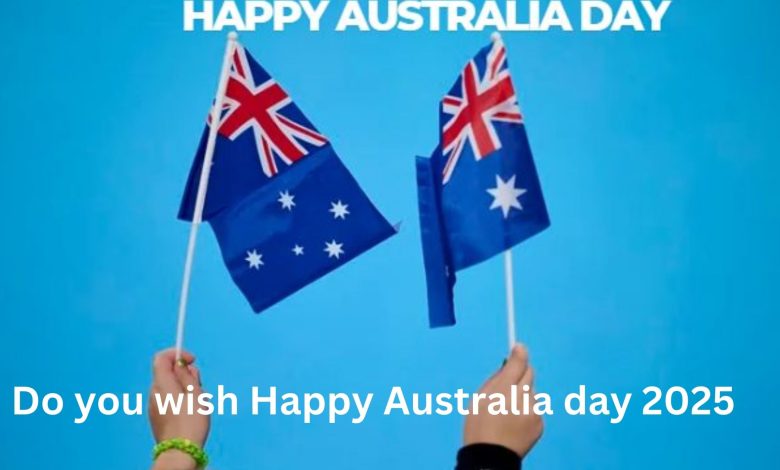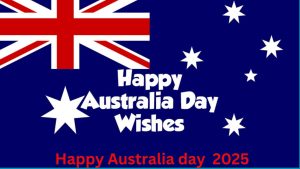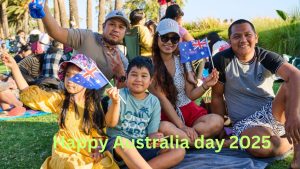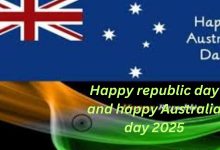Do you wish Happy Australia day 2025

Australia Day is a celebration steeped in history, culture, and, increasingly, in complex and deeply personal conversations. Every year on January 26, Australians mark this day in various ways, but its meaning has become a topic of debate. With the 2025 festivities on the horizon, one question tends to arise in public discourse and everyday conversations alike—should you wish someone a “Happy Australia Day”?

What Is Australia Day?
Australia Day celebrates the anniversary of the arrival of the First Fleet at Port Jackson in New South Wales in 1788. This was the day when Captain Arthur Phillip raised the Union Jack and declared British sovereignty over the eastern seaboard of Australia.

Why Is “Happy Australia Day” Controversial?
1. The Painful History for Indigenous Australians
The arrival of British settlers in 1788 marked significant and lasting harm to Aboriginal and Torres Strait Islander communities. Many Indigenous Australians see January 26 as a day of grief, mourning, and reflection rather than celebration.
For them, it represents the beginning of systemic oppression, the loss of land, and a decline in their population due to violence and disease introduced during colonization. Recognizing this part of history is essential when understanding why the day elicits such mixed emotions.
2. Calls for Change
A growing movement in Australia advocates “Changing the Date” of Australia Day to a day that is more inclusive and reflective of all Australians. Proponents argue that a new date can preserve the celebration of national unity and achievements without overshadowing Indigenous mourning.
Surveys in recent years indicate that while many Australians enjoy celebrating the public holiday, a significant portion is open to the idea of finding a less polarizing date.
3. Personal and Cultural Sensitivities
The phrase “Happy Australia Day” may unintentionally dismiss the feelings of those who view the day as a painful reminder of their history. For those who have friends, neighbors, or colleagues from Indigenous backgrounds, this could lead to misunderstandings or discomfort.
By understanding the sentiment behind Australia Day and its modern controversies, it’s easier to approach conversations with empathy and cultural awareness.

How to Navigate This Debate in 2025
1. Take the Time to Understand Different Perspectives
If you’re uncertain about whether to wish someone a “Happy Australia Day,” start by learning more about the day’s history. Acknowledging its complexities is a step toward showing respect for various experiences.
2. Be Mindful of Who You’re Speaking To
Before casually wishing someone a “Happy Australia Day,” consider their background and how they might perceive it. If you’re unsure about their perspective, a simple acknowledgment of the day without assigning sentiment (e.g., “Hope you’re enjoying the public holiday”) might be a respectful alternative.

3. Engage in Open and Respectful Conversations
If the topic arises in conversation, use it as an opportunity to discuss its cultural significance in a considered and open-minded way. Avoid heated debates, and focus on listening to varied viewpoints.
4. Participate in Inclusive Celebrations
Many communities offer events that balance celebration with reflection, including Welcome to Country ceremonies, Survival Day events, and cultural performances. Choosing to attend or support these inclusive activities reinforces the importance of unity and understanding.
5. Use Neutral Language
Instead of saying “Happy Australia Day,” consider phrases like:
- “How are you spending your day off?”
- “Do you have plans for the holiday?”
This approach acknowledges the day without imposing a celebratory tone.
6. Educate and Advocate for Change
If you believe in making Australia Day more inclusive, take steps to support change. This could include signing petitions calling for a new date, volunteering with organizations that promote Indigenous rights, or simply starting conversations that build awareness








